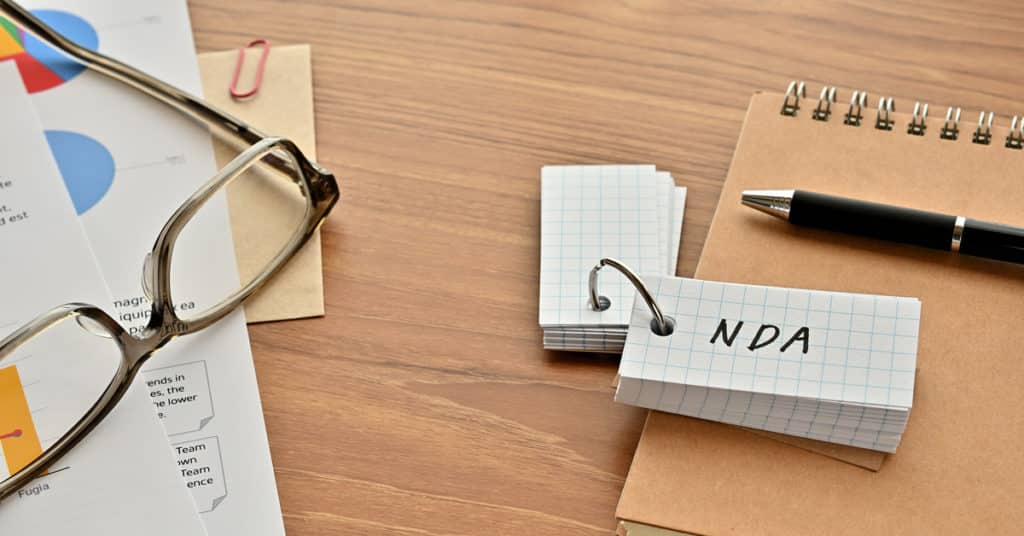About The Author

- Josh Palmer serves as OnBoard's Head of Content. An experienced content creator, his previous roles have spanned numerous industries including B2C and B2B home improvement, healthcare, and software-as-a-service (SaaS). An Indianapolis native and graduate of Indiana University, Palmer currently resides in Fishers, Ind.
Latest entries
 Board Management SoftwareApril 24, 2024How to Develop a Crisis Response Plan (Step-by-Step)
Board Management SoftwareApril 24, 2024How to Develop a Crisis Response Plan (Step-by-Step) Board Management SoftwareApril 15, 2024Q&A: What is the Board of Directors’ Role in Compliance?
Board Management SoftwareApril 15, 2024Q&A: What is the Board of Directors’ Role in Compliance? Board Management SoftwareApril 11, 2024Regulatory Compliance Training: 5 Best Programs
Board Management SoftwareApril 11, 2024Regulatory Compliance Training: 5 Best Programs Board Management SoftwareMarch 27, 20245 Steps in the Initial Public Offering Process
Board Management SoftwareMarch 27, 20245 Steps in the Initial Public Offering Process

